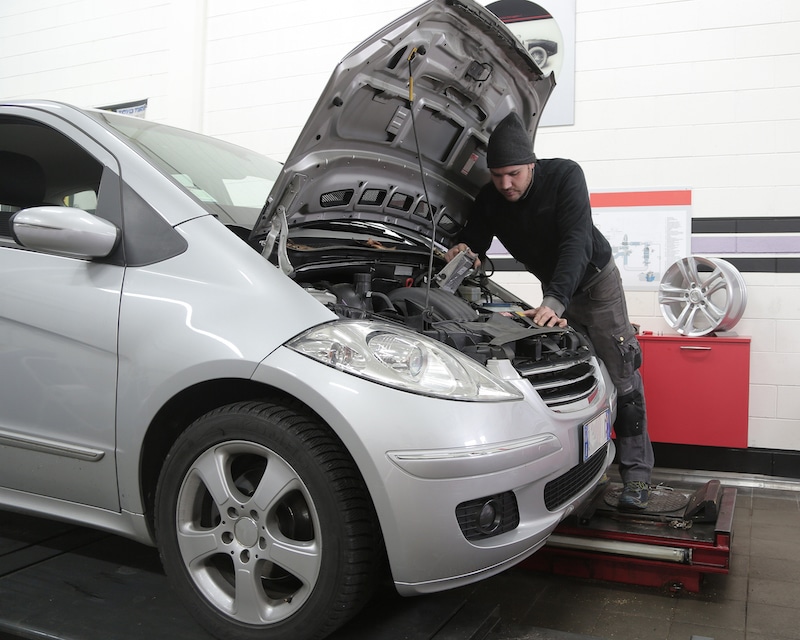We often take our cars to mechanics and tell them to do whatever needs to be done. But you shouldn’t blindly agree to all their recommendations, hoping for a reasonable invoice at the end of the service. First make sure they meet the requirements of these five questions.
What are your qualifications?
Your first port of call is to confirm if the mechanic has received any specialised training, such as a NATED N1-N3 Motor Mechanics qualification, which can be obtained from a TVET college.
Qualified motor mechanics will have studied theory, taken a trade test and completed an apprenticeship at an accredited training provider. Some people are satisfied with their mechanic only having hands-on experience, but a combination of education and practical experience is ideal as it guarantees credibility.
Do you have experience working on cars like mine? Can you provide testimonials?
You want to use a mechanic who has a lot of hands-on experience, but you also want to use someone who is familiar with the make and model of your car. This ensures that they can properly diagnose and fix it, especially if it needs special maintenance.
Additionally, the mechanic will need to back up their experience with customer references or testimonials. Ask them for a list of people you can contact to enquire about their standard of work and service and whether customers are satisfied.
Can you provide me with a free quote?
It’s recommended that you get a signed written cost estimate with an itemised breakdown of all the repairs the mechanic thinks your car will need. (Some mechanics are known to take advantage of your ignorance of cars and will overcharge you.)
Ask the mechanic to go through the list of repairs with you and explain them to you in detail. Remember to ask as many questions as possible to determine if the repair is necessary – no question is a stupid question. If the repairs are extensive or complicated, consider a second opinion.
Which warranties or guarantees do you offer?
As with any piece of machinery, malfunctions can occur and might not necessarily be the fault of the mechanic or car owner. However, before the mechanic begins any work on your car, ask them if they offer a warranty for parts and services so you can be safeguarded against any defects or breakdowns.
Do you use original or used parts?
Original Equipment Manufacturer (OEM) parts are always recommended as they are sourced directly from the manufacturer of your car. However, since they can only be purchased from a dealership, they can be expensive. In addition, higher-end cars require OEM parts due to the modern tech they have.
Fortunately, if you have a new car, your car’s warranty or plan will likely cover the cost of new parts. Many people opt for aftermarket (used) parts as they are much cheaper and more widely available, but you run the risk of obtaining an inferior part, which could impact the performance of your car. Speak to the mechanic about the pros and cons of each.







